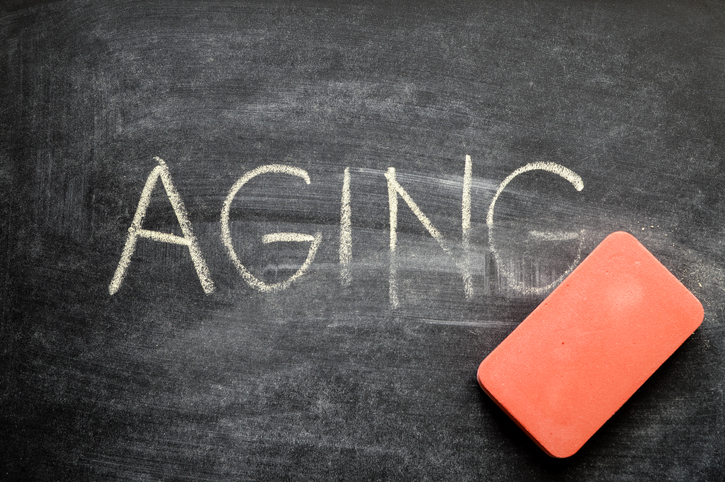When in doubt, throw it out! Listen…


When in doubt, throw it out! Listen…

Enter to win two tickets to Train with special guest Edwin McCain at Mohegan Sun Arena Friday, August 22, 2025!

Enter to win two tickets to Chicago at the Hartford HealthCare Amphitheater in bridgeport July 29th!

Enter to win a pair of tickets to Bonnie Raitt at the Capitol Theatre August 20th!

We’re only halfway through February, but are you already feeling burned out and feel like you need time off already? Not just for a vacation, since deciding to take time off work can be a challenge, but to do it for mental health reasons makes it all that harder.
Taking a sabbatical has been shown to reduce stress and can improve long-term performance while avoiding burnout. Take the time that you need, but make sure you have a plan. If you can show higher-ups what tasks you have coming up so they can be delegated, it’ll be easier to have them grant your request and alleviate some guilt you may have. If paid time off isn’t an option, you may need to have some savings set aside and work a budget.
And when you do return, make sure you don’t fall into traps that may be unhealthy, like eating lunch alone at your desk, and take regular breaks from your computer monitor.
Make sure you set those boundaries – and prioritize your mental health – and your work/life balance will benefit!
Image Credit: fizkes / iStock / Getty Images Plus

You know that feeling! Listen…

As we age, we may find ourselves becoming more forgetful. The good news, is that there are steps you can take now to help keep your brain healthy and your memory strong:
Follow a healthy diet – fruits, veggies, whole grains, fish, healthy fats all have nutrients like antioxidants and omega-3 fatty acids that boost memory function. And drink plenty of water too – mild dehydration can reduce memory.
There is evidence that smoking can increase the risk of developing dementia – reduced blood flow, weak blood vessels, and inflammation that comes from the toxins in cigarettes can lead to stroke or dementia.
Regular exercise has been found to lower the risk of memory loss – it boosts the flow of blood and oxygen to the brain and produces growth hormones there as well.
Keeping blood pressure down isn’t just important for your heart, but high blood pressure has been found to supply less blood flow to parts of the brain associated with memory.
Your brain needs exercise too! Play games, word puzzles, anything challenging that requires you to work beyond the easy will help sharpen your skills!
Image Credit: SIphotography / iStock / Getty Images Plus

Might be fun! Listen…

There are two things – how old you are and how old you feel. And for most of us, we don’t feel our age.
A new study shows that we think or feel we’re about 20% younger than we are.
Meaning a 30-year-old feels 24; a 40-year-old feels like they’re in their early 30s; and a 50-year-old feels like late 30s.
But why? Well, psychologists have developed that we form so many memories in our youth that it seems impossible that it was so far in the past.
So, the next time you think about your own age – remember the old adage that you’re only as old as you feel!
Image Credit: sebastianosecondi / iStock / Getty Images Plus

Easy! Listen…